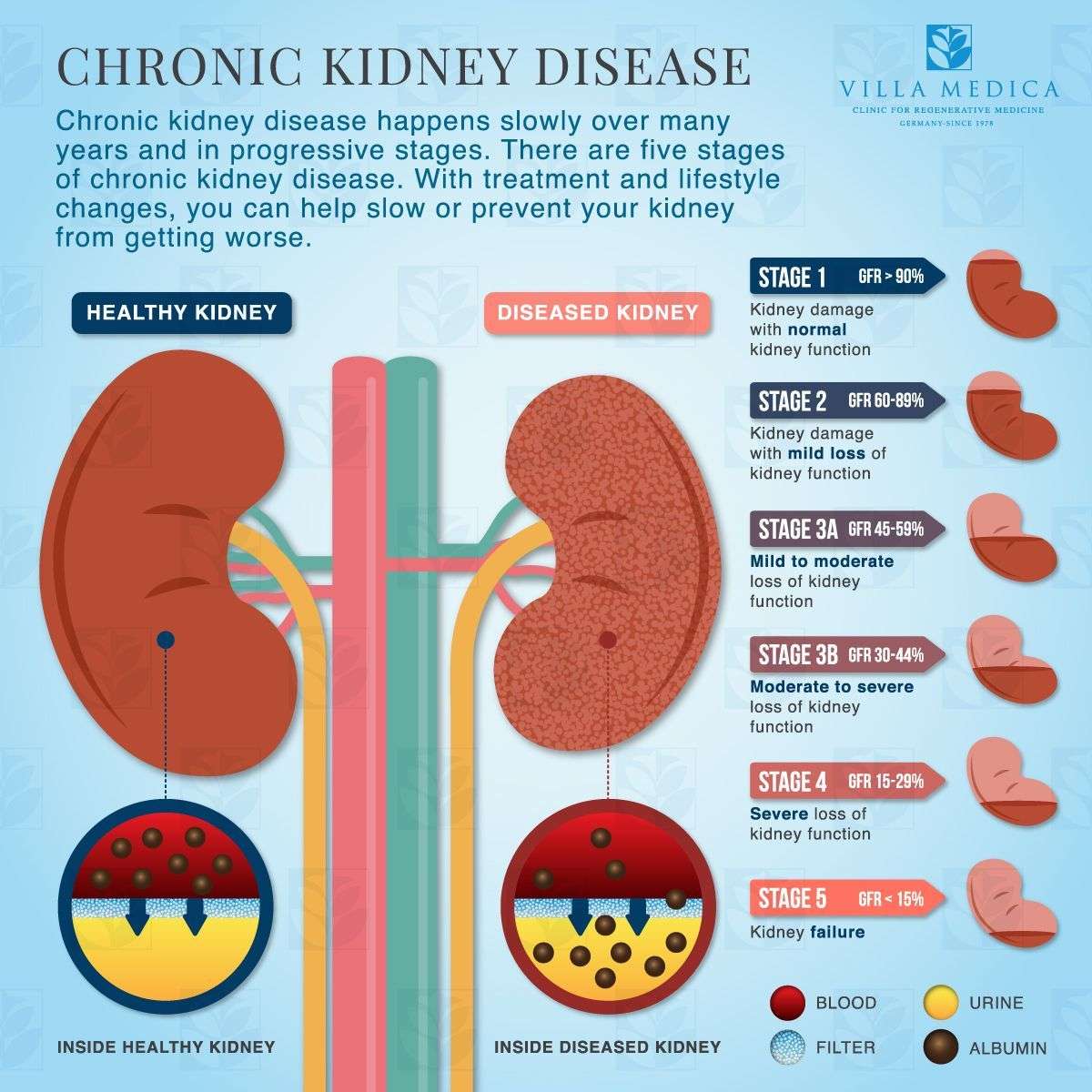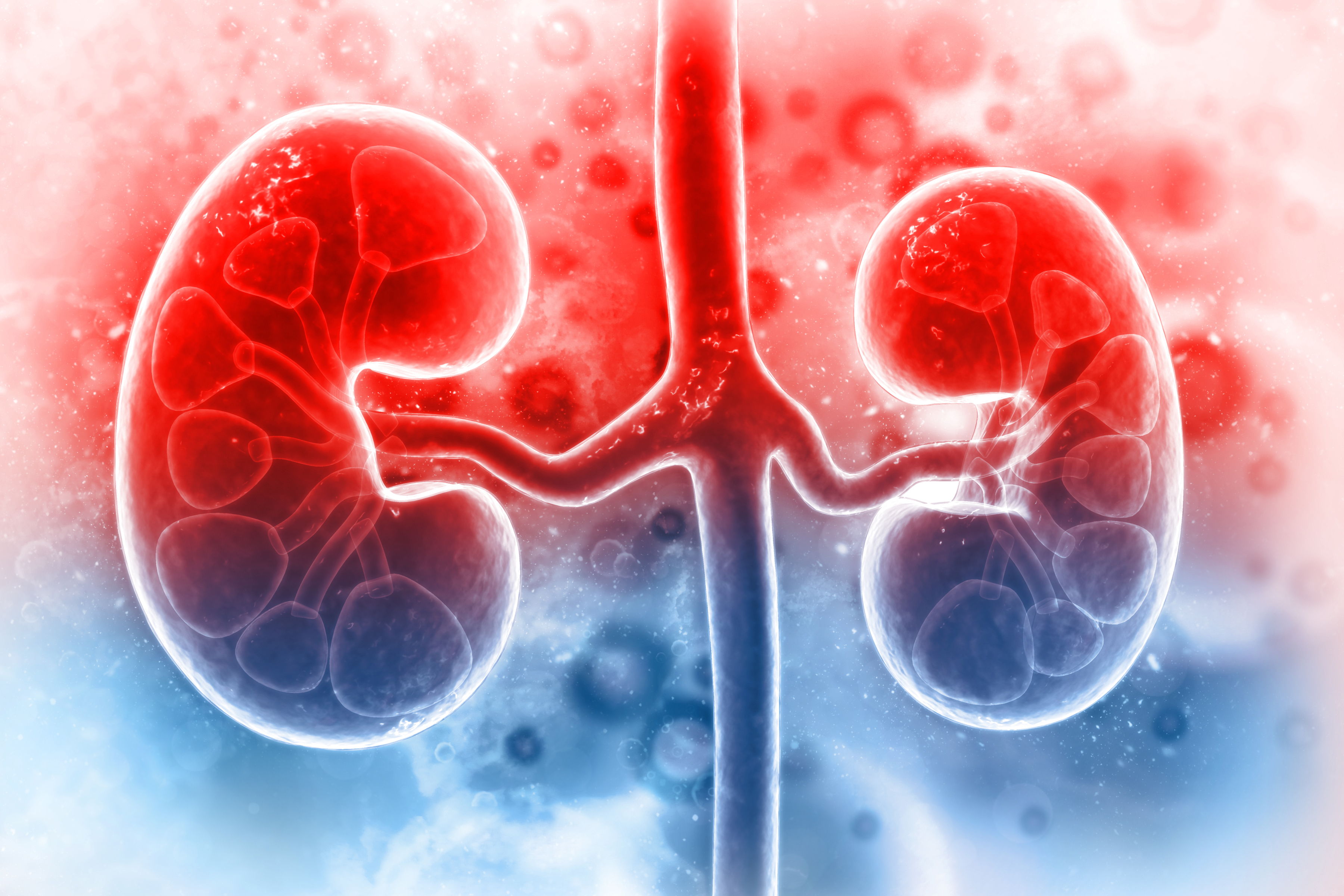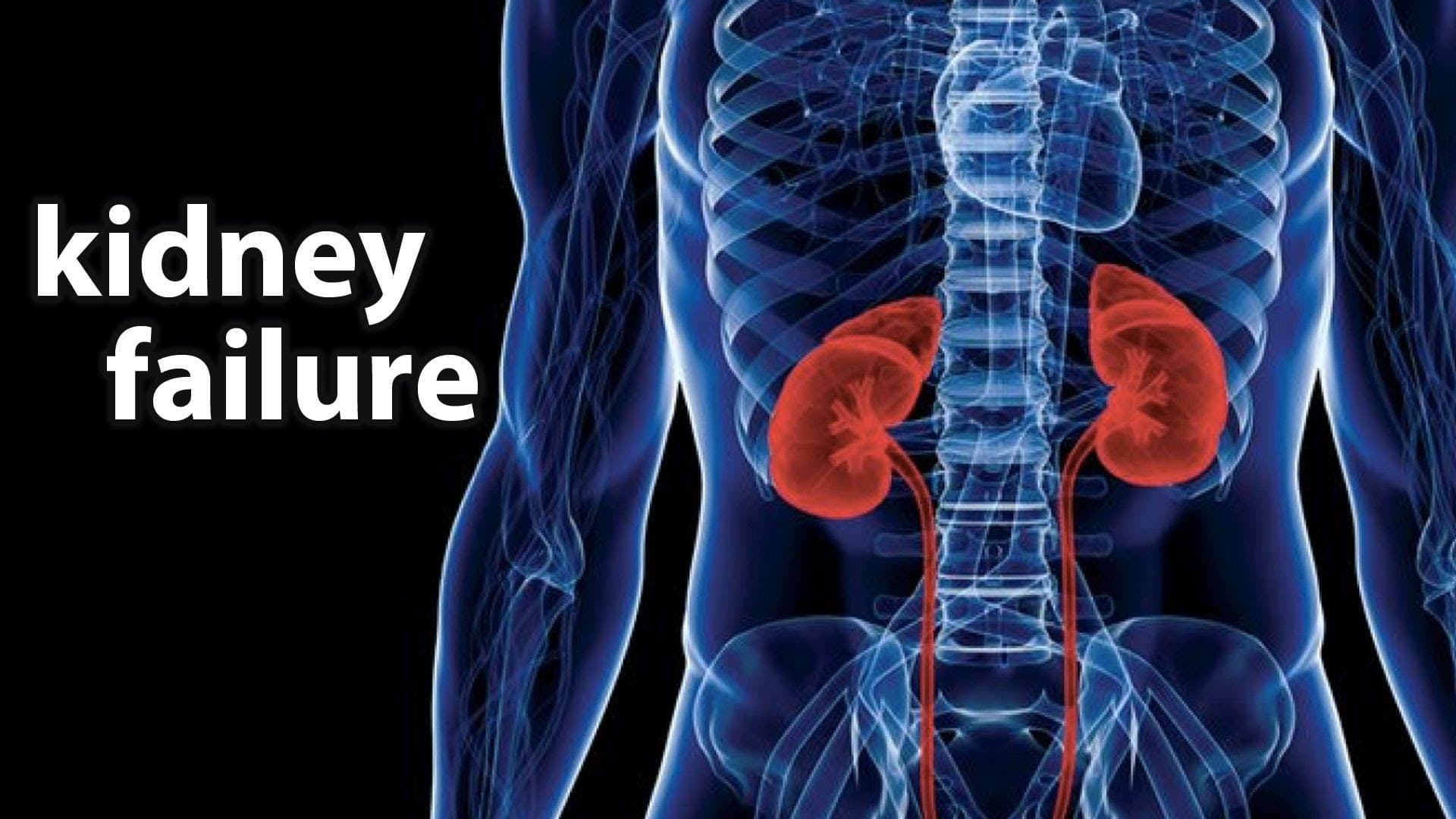Symptoms of Kidney Failure

Kidney failure is a serious condition that occurs when the kidneys are no longer able to function properly. The early symptoms of kidney failure are often subtle and may be difficult to detect. However, as the condition progresses, the symptoms become more severe and can include:
- Fatigue
- Loss of appetite
- Nausea and vomiting
- Swelling in the hands, feet, and ankles
- Frequent urination
- Difficulty sleeping
- Muscle cramps
- Dry, itchy skin
As kidney failure progresses, the symptoms can become more severe and may include:
- Shortness of breath
- Chest pain
- Confusion
- Seizures
- Coma
Kidney failure can also lead to a number of mental changes, including:
- Depression
- Anxiety
- Difficulty concentrating
- Memory loss
If you are experiencing any of the symptoms of kidney failure, it is important to see a doctor right away. Early diagnosis and treatment can help to slow the progression of the disease and improve your quality of life.
Causes of Kidney Failure

Kidney failure, also known as end-stage renal disease (ESRD), occurs when the kidneys are unable to function properly. This can be caused by a variety of underlying conditions, including:
Diabetes
- Diabetes is a chronic condition that affects the body’s ability to produce or use insulin, a hormone that helps glucose (sugar) enter cells for energy.
- Over time, high blood sugar levels can damage the blood vessels in the kidneys, leading to reduced blood flow and kidney damage.
High Blood Pressure, Kidney failure
- High blood pressure (hypertension) puts strain on the blood vessels in the kidneys, causing them to narrow and harden.
- This can reduce blood flow to the kidneys and lead to kidney damage.
Glomerulonephritis
- Glomerulonephritis is a condition that causes inflammation of the glomeruli, which are tiny filters in the kidneys that help remove waste products from the blood.
- This inflammation can damage the glomeruli and reduce their ability to filter waste, leading to kidney failure.
Polycystic Kidney Disease
- Polycystic kidney disease is a genetic condition that causes cysts (fluid-filled sacs) to develop in the kidneys.
- These cysts can enlarge and damage the kidneys, leading to kidney failure.
Other Causes
- Other causes of kidney failure include:
- Autoimmune diseases
- Kidney stones
- Medications
- Birth defects
Treatment Options for Kidney Failure

Treatment options for kidney failure vary depending on the severity of the condition and the underlying cause. The primary goal of treatment is to replace or support the function of the kidneys and prevent further damage.
Dialysis
Dialysis is a procedure that uses a machine to filter waste products and excess fluid from the blood. There are two main types of dialysis:
- Hemodialysis: Blood is removed from the body and passed through a dialyzer, which filters out waste products. The filtered blood is then returned to the body.
- Peritoneal dialysis: A special solution is infused into the abdominal cavity, which draws waste products from the blood into the solution. The solution is then drained and discarded.
Dialysis can be performed at a dialysis center or at home. It is typically a lifelong treatment, but it can be used as a bridge to kidney transplantation.
Kidney Transplantation
Kidney transplantation involves replacing a diseased kidney with a healthy kidney from a donor. The donor kidney can come from a deceased person or a living donor. Kidney transplantation is the preferred treatment option for kidney failure, as it offers the best chance for a return to normal kidney function.
However, kidney transplantation is not always possible or successful. The waiting time for a kidney transplant can be long, and there is a risk of rejection of the donor kidney.
Other Treatment Options
In addition to dialysis and kidney transplantation, there are other treatment options available for kidney failure, including:
- Medications: Medications can be used to manage symptoms of kidney failure, such as high blood pressure, anemia, and bone disease.
- Lifestyle changes: Lifestyle changes, such as a low-sodium diet and regular exercise, can help to slow the progression of kidney failure.
Comparison of Treatment Options
The following table compares the different treatment options for kidney failure:
| Treatment Option | Benefits | Risks |
|---|---|---|
| Dialysis | – Can be used as a bridge to kidney transplantation – Can be performed at home |
– Can be time-consuming and inconvenient – Can cause side effects, such as fatigue and muscle cramps |
| Kidney Transplantation | – Offers the best chance for a return to normal kidney function – Can be a lifelong treatment |
– Long waiting time for a donor kidney – Risk of rejection of the donor kidney |
| Medications | – Can manage symptoms of kidney failure – Can slow the progression of kidney failure |
– May have side effects – May not be effective in all cases |
| Lifestyle changes | – Can slow the progression of kidney failure – Can improve overall health |
– May not be sufficient to prevent the need for dialysis or kidney transplantation |